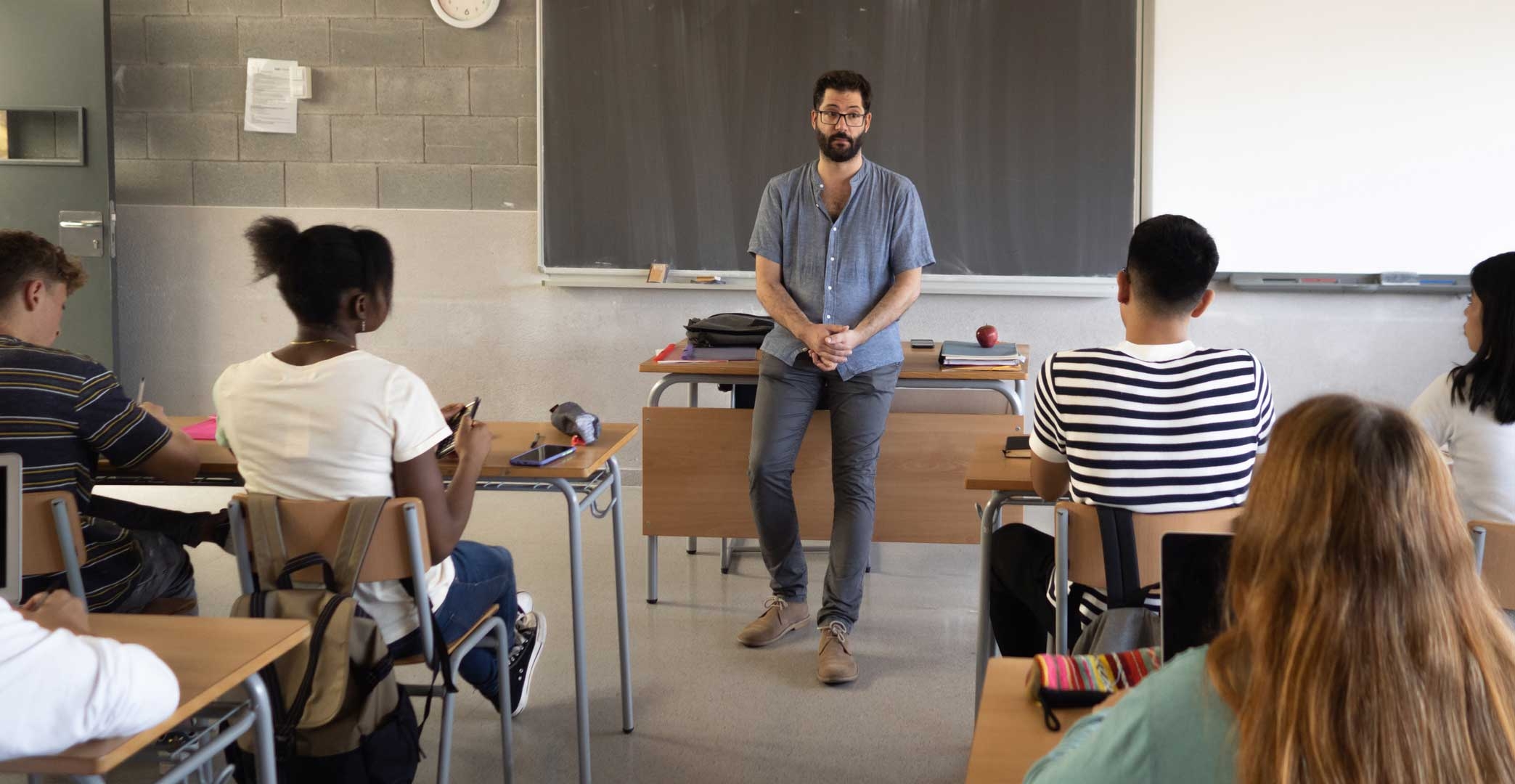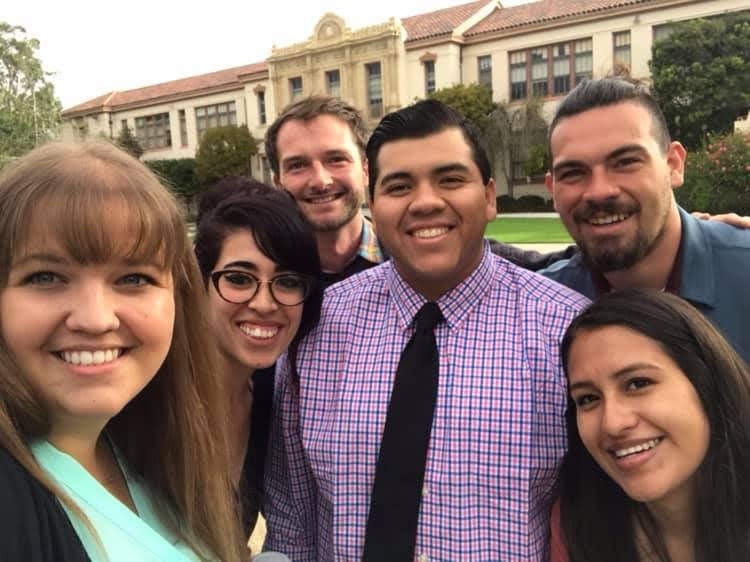
New grant funds are helping the Gevirtz School prepare teachers California sorely needs
A teacher shortage is nothing new, especially after the COVID-19 crisis. Just this April, State Superintendent of Public Instruction Tony Thurmond testified in Sacramento, arguing for more funding to alleviate the problem; there were more than 10,000 teacher vacancies across California during the 2021–22 school year.
On top of those figures, of the approximately 3,300 teachers employed in Santa Barbara County in 2021–22, only 35 were bilingual certified. That’s with a countywide student population that is 34% multilingual learners.
The California Commission on Teacher Credentialing (CTC) recently awarded $950,000 to the Santa Barbara County Education Office (SBCEO) and UC Santa Barbara’s Gevirtz School — a Teacher Residency Implementation Grant that will fund 35–40 graduate students in the 2023–2024 academic year. The Gevirtz School can reapply for this same funding for the next four years — for a potential full award of $5 million dollars in financial aid for students.
“This funding from the state could not come at a better time,” said Jeffrey Milem, Jules Zimmer Dean of the Gevirtz School. “We will be able to build on our already strong connections with SBCEO and area schools to recruit, select and train new mentor teachers in target program areas. Then these leaders will mentor student teachers, who, when they earn their credentials, will go on to help increase capacity in high need areas.”
The ultimate goal of the SBCEO Residency Implementation Project in Teacher Education is to recruit and retain graduate students enrolled in UC Santa Barbara’s Teacher Education Program (TEP) in designated shortage teaching fields, such as special education, bilingual authorization and single subject in a STEM area. Additionally, the project will recruit and retain teacher candidates who reflect Santa Barbara County’s diverse student population.
Funds will be strategically timed to provide graduate students stipends at two crucial moments during their program. The first stipend, provided at the start of the future teacher’s graduate program, will provide financial assistance for tuition and living expenses. The second stipend, given when graduates accept a job and sign a contract at a school in Santa Barbara County, will provide assistance as graduates transition into a teaching career in a region beset by high housing costs.
“This grant is essential for recruiting high quality teacher candidates who will contribute to the diversity of Santa Barbara County’s teacher workforce and serve in high needs areas,” said UCSB’s Victoria Harvey, director of TEP. “If all goes as planned, an increasing number of highly prepared UCSB TEP grads will serve students in our local community in the coming years. We are thankful for the strong partnership with SBCEO and our partner schools that support our residency program.”

In UCSB’s TEP model, all preservice teachers are placed at partner school sites under the oversight of an Institution of Higher Education-hired site supervisor. The university requires partner schools to serve a population of students that is reflective of larger Santa Barbara County demographics, thereby ensuring that teacher residents work with students from diverse socioeconomic and cultural backgrounds. Additionally, the university identifies schools that are committed to supporting emerging multilingual students and which serve students with disabilities in the general education classroom.
Using capacity grant funds, UC Santa Barbara already has begun to expand credential areas for students with a bilingual authorization in Spanish or special education credential. UCSB will look to partner with existing dual language immersion and inclusion programs within the partner schools, such as Adalante Charter, El Camino Elementary School, Canalino Elementary School, and Santa Barbara Junior High School, as well as new ones as they develop.
Principal Investigator Amber Moran, associate teaching professor and Mild/Moderate Program Coordinator, and Katie Tucciarone, Gevirtz School credential analyst, were also key to landing the grant, and are essential to the project. SBCEO’s Tom Heiduk will serve as program administrator.
Shelly Leachman
Editorial Director
(805) 893-2191
sleachman@ucsb.edu




